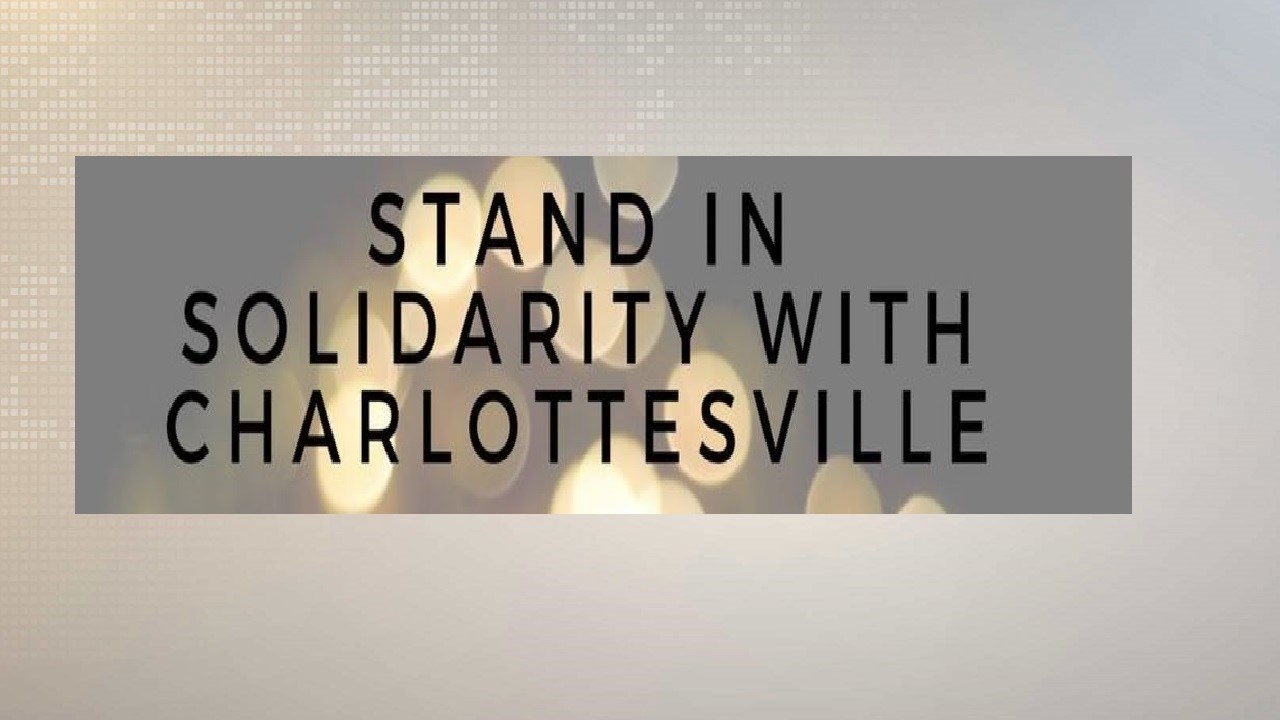I’ve been workshopping an excuse to write an Insane Clown Posse post for a couple years now, but could never find a plausible reason to do it. But you know what? It’s 2017 now. Nothing makes sense anyway; a reality TV star is President, knitted pussycat hats are considered revolutionary, and McDonald’s sells guacamole. Anything… Continue reading Naked Music Monday: Insane Clown Posse
Activist Spotlight Interview: PJ Starr On Marcia Powell And Prison Abolition
Editor’s note, 8/31/2017: In light of Trump’s pardon of former sheriff Joe Arpaio for his contempt of court conviction re: the order to cease his reign of terror against immigrants in Arizona’s Maricopa County, we’re posting an updated edition of my September 2014 interview with PJ Starr. I interviewed Starr on her documentary about Marcia Powell,… Continue reading Activist Spotlight Interview: PJ Starr On Marcia Powell And Prison Abolition
Surviving As Working Class After Backpage
Content warning: This post contains discussion and accounts of trafficking, debt bondage, and exploitation, both in the context of sex trafficking and trafficking in another industry. There are also brief references to experiences of domestic violence, child abuse and neglect, custody loss, structural violence from criminalization, and violence against sex workers. In the last four… Continue reading Surviving As Working Class After Backpage
Tits and Sass Supports The Anti-White Supremacist Protesters of Charlottesville
For our readers who’d like to help, we put together a list of local organizations which stand against white supremacy and fundraisers for victims of the white nationalist violence at Charlottesville: Fundraiser for the family of Heather Heyer, the counter-protester murdered by a white nationalist driving into a crowd on Saturday. This fund has met… Continue reading Tits and Sass Supports The Anti-White Supremacist Protesters of Charlottesville
Naked Music Monday: Cardi B’s “Bodak Yellow”
Born in the Bronx to a Dominican father and Trinidadian mother, Cardi B, a natural born hustler, has clawed her way out of poverty with stiletto shaped manicured nails and unwavering determination. In an interview with VladTV.com, Cardi says that being a stripper saved her life. At the age of 19, she turned to exotic… Continue reading Naked Music Monday: Cardi B’s “Bodak Yellow”




